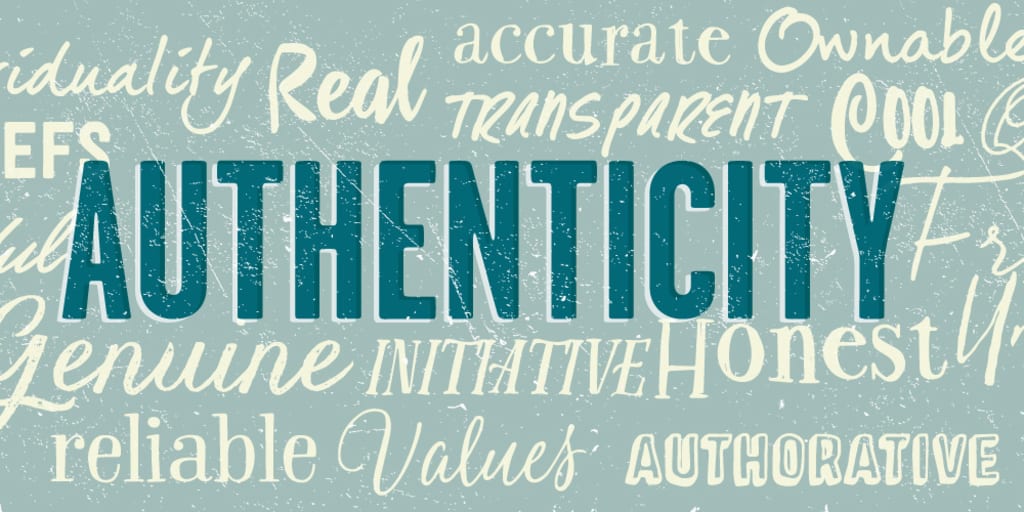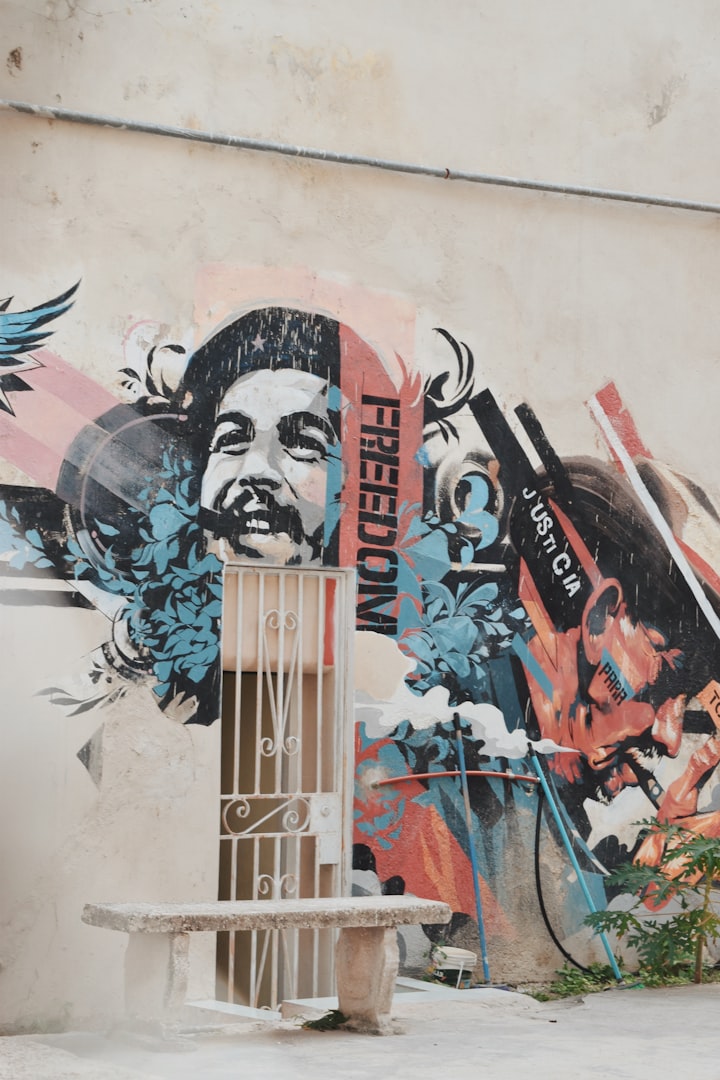What Is Authenticity and Why Is It Important?
An essay.

Authenticity is a term meaning real, genuine, or credible; the opposite meaning false, phony or dishonest. When ascribed to culture, it becomes rather complex. We must put into categories, then, and try to examine the meanings of authentic culture and inauthentic culture to answer the question.
When something can make a person think deeply and perhaps reflect upon it and give a sort of “important” meaning to it, one could have the sense that it is somehow more authentic than something that exists simply to provide entertainment – a violin concerto vs. a rock concert, for example. Why would the pleasure you derive from being at a rock concert be considered a cheap thrill whereas the thoughts and emotions you have towards the violin concerto would be considered superior? It all has to do with cultural authenticity. After the violinist has played the last note and put their bow down, or perhaps has left it in the air for acoustic effect, one might be left with a sense of having been deeply moved and having gained something spiritually important from the experience. When a rock concert is finished, you might be left exhilarated, but what exactly have you gained? What reflection took place during the drum solo that could leave you with the feeling that you've deeply gleaned something important from the performance; it's not created to make you think.
A more complex example of inauthenticity is one's belief system and idea of reality, and how it affects us. On the surface level, there are questions such as, “Where did I get the idea that if I didn't get the newest iPhone, my happiness wouldn't be fulfilled?” or “Why was I just dying to tattoo my skin?” Does one really need these things? Were these ideas really grown from the mind organically? Or, did they come from a type of manipulation that constantly dictates what one should do to achieve a sense of false fulfillment? I suspect it is the latter. Not only are we manipulated in such a way that we constantly seem to be purchasing things we don't particularly need to fill some sort of void we're told we have, but we don't even realize that we are being manipulated! To make matters worse, it's not only applied to products like iPhones and the latest handbag trend; it can apply to worldviews, too.
What makes something like homosexuality wrong, in the eyes of somebody who believes so? Did they come to this conclusion on their own? They will probably say that yes, it's their own opinion and that nobody has coerced them into thinking in such a way, and that you're completely wrong if you think otherwise. Upon closer inspection, however, one could find tons of evidence supporting the argument that, in fact, manipulation has occurred, be it from one's family, a religious leader, a specific organization, a book, etc. Of course, that type of introspection is often deemed unnecessary; “I know who I am and where my thoughts come from!”
In the times that we are currently living, inauthenticity is heavily prevalent. Politicians speak in dumbed-down words that appeal to the masses (except it's not, “buy this product and you'll be happy!” it's “vote for me and I promise I'll make things better for you!”), and even when they spout outright hatred and bigotry loud and clear, they dress themselves up with such a sense of superiority and a false importance that the people they are manipulating, again, just don't seem to realize it, and those that can see how inauthentic it all is sit there in a sense of dumbstruck wonder. Donald Trump is a good example of exactly that, his “I'm going to 'Make America Great again!'” promise is heavily pretentious, and lacking any real, well, promise. In a way, however, he has been manipulated as well. He grew up encultured in a specific way, that shaped him into who he is today, and he feeds off of the ignorance of the masses, not taking the time to think, “Am I really doing something wrong here?”
Authenticity is important because without it, how can there be any change and self-actualization? In history, change has always come from those who refused to be manipulated, those who denied the inauthentic and chose the path of bettering themselves through reflection. Today's world needs people to embrace and spread authenticity like a plant needs water; a hell of a lot. If people looked past their own noses, or more accurately, their screens, they might come to the realization that they have the potential to change the world, or at least, a few people. Better few than none.
About the Creator
Sydnie Beaupré
Sydnie Beaupré lives in their own imagination; a post-apocalyptic, zombie-inhabited world, where magical creatures and supernatural occurrences are simply the mundane.






Comments
There are no comments for this story
Be the first to respond and start the conversation.